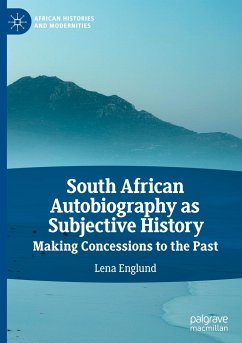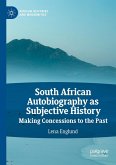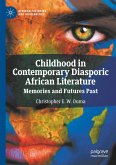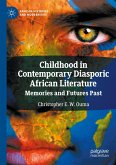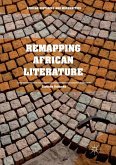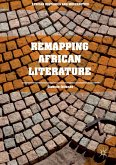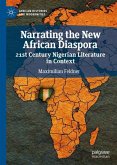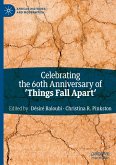This book examines 21st-century South African autobiographical writing that addresses the nation's socio-political realities, both past and present. The texts in focus represent and depict a South Africa caught in the midst of contradictory and competing images of the 'Rainbow Nation'. Arguing that recent memoirs question and criticize the illusion of a united nation, the study shows how these texts reveal the flaws and shortcomings not only of the apartheid past but of contemporary South Africa. It encompasses a broad range of autobiographical works, largely published since 2009, that engage with South Africa's past, present and future. At its centre is the quest for space and belonging, and this book investigates who can comfortably 'belong' in South Africa in its post-apartheid, post-Truth and Reconciliation, post-Mbkei and post-Zuma state.
Bitte wählen Sie Ihr Anliegen aus.
Rechnungen
Retourenschein anfordern
Bestellstatus
Storno

